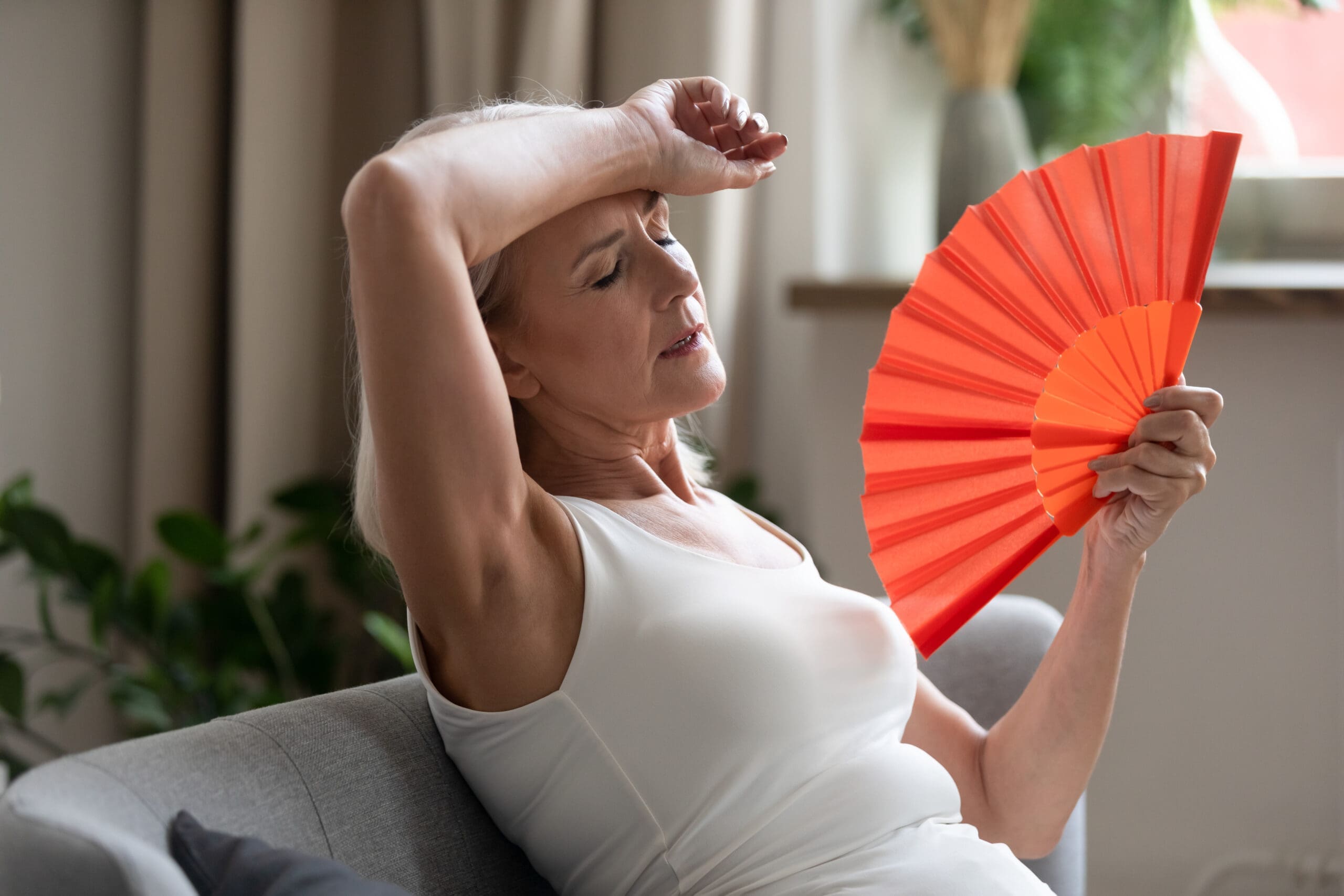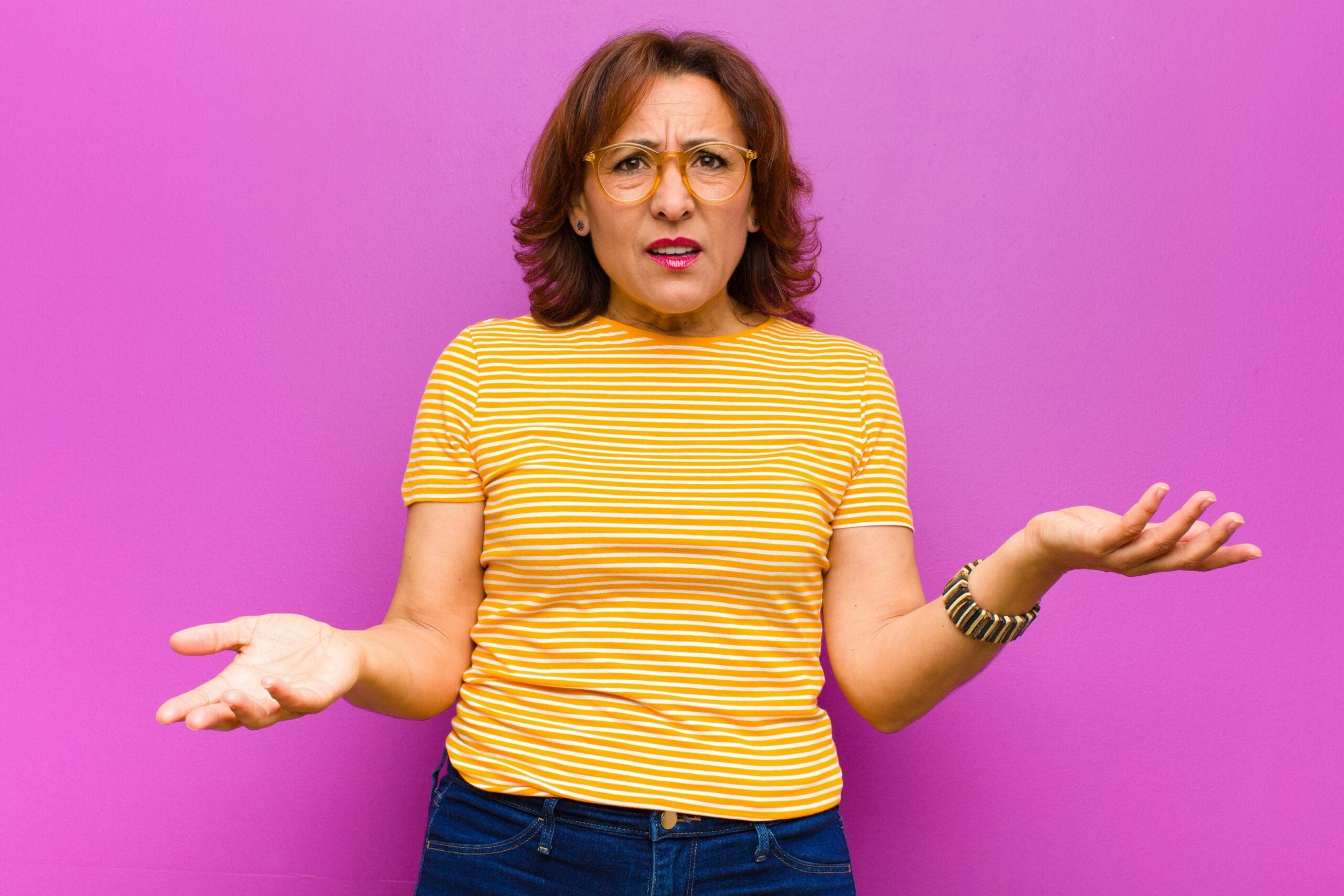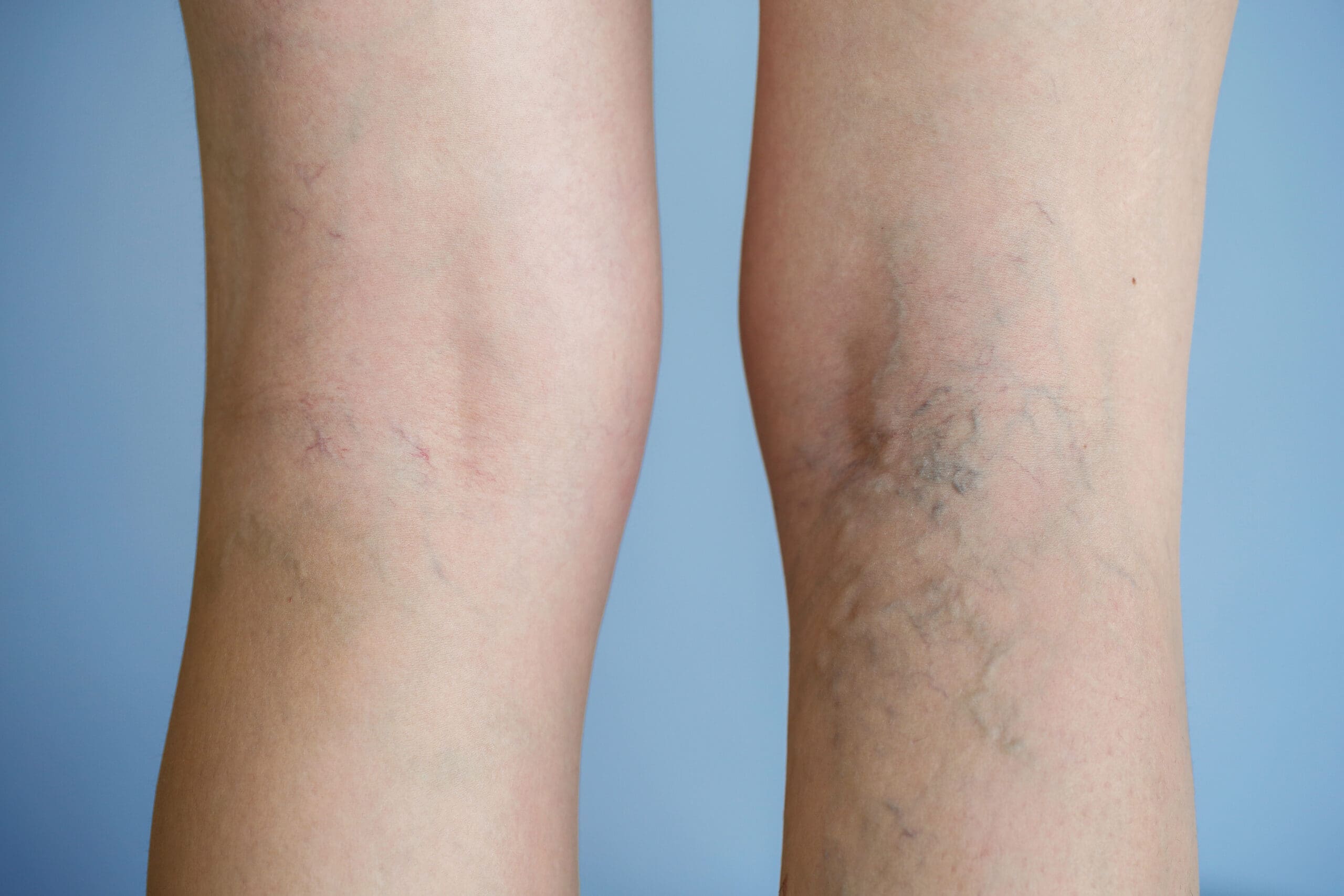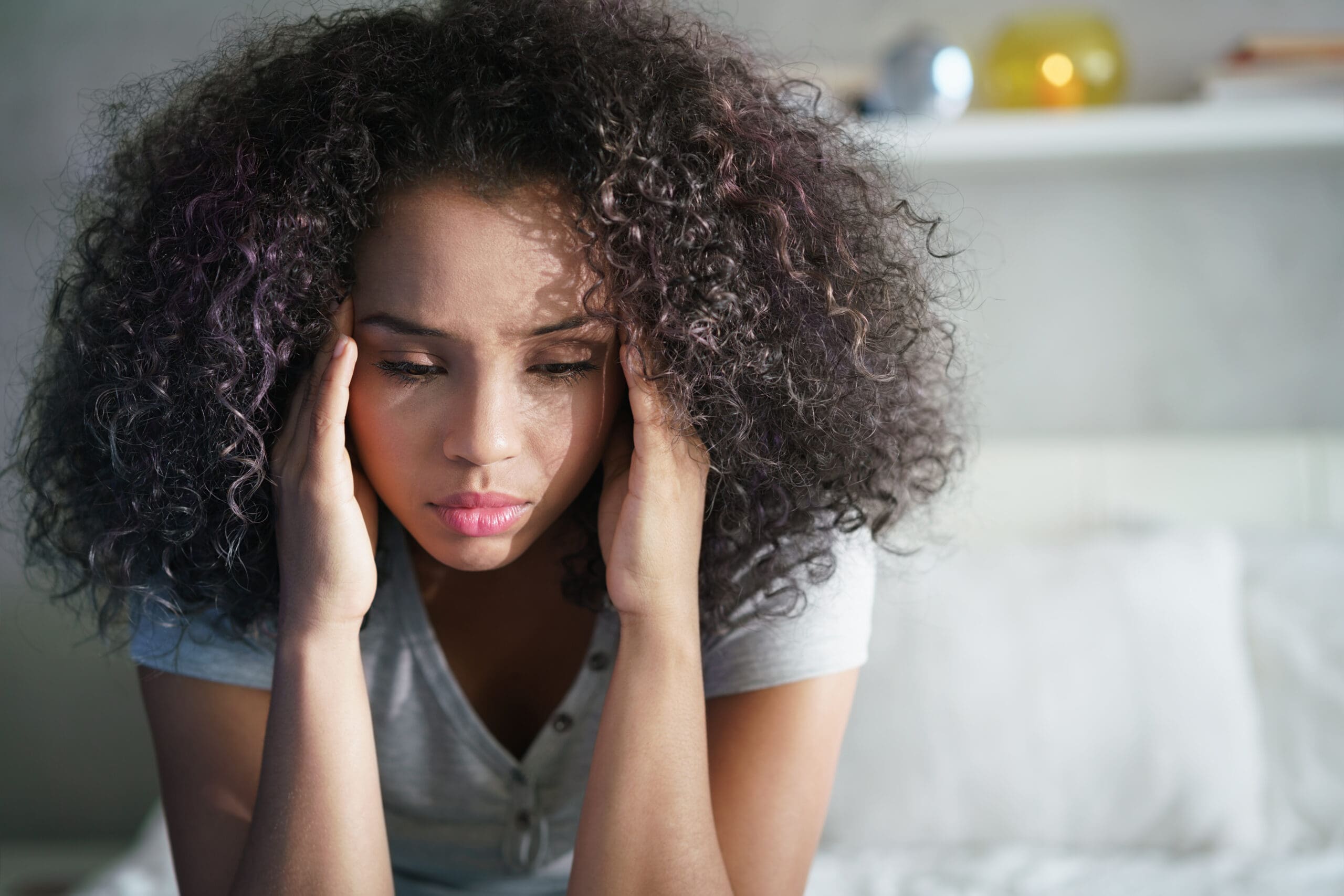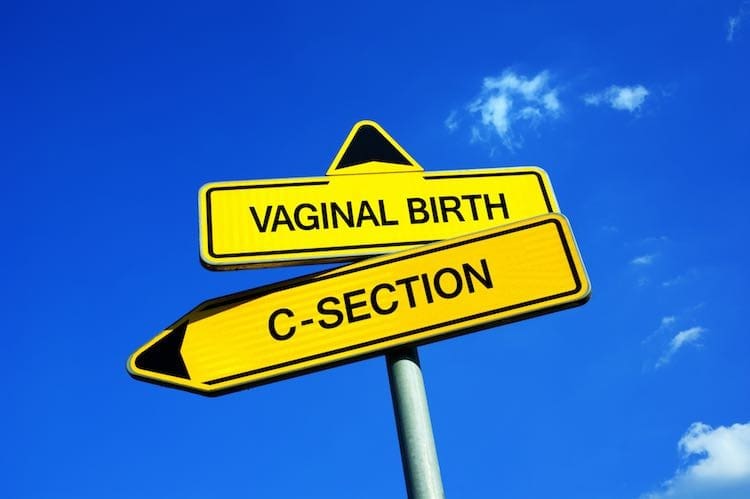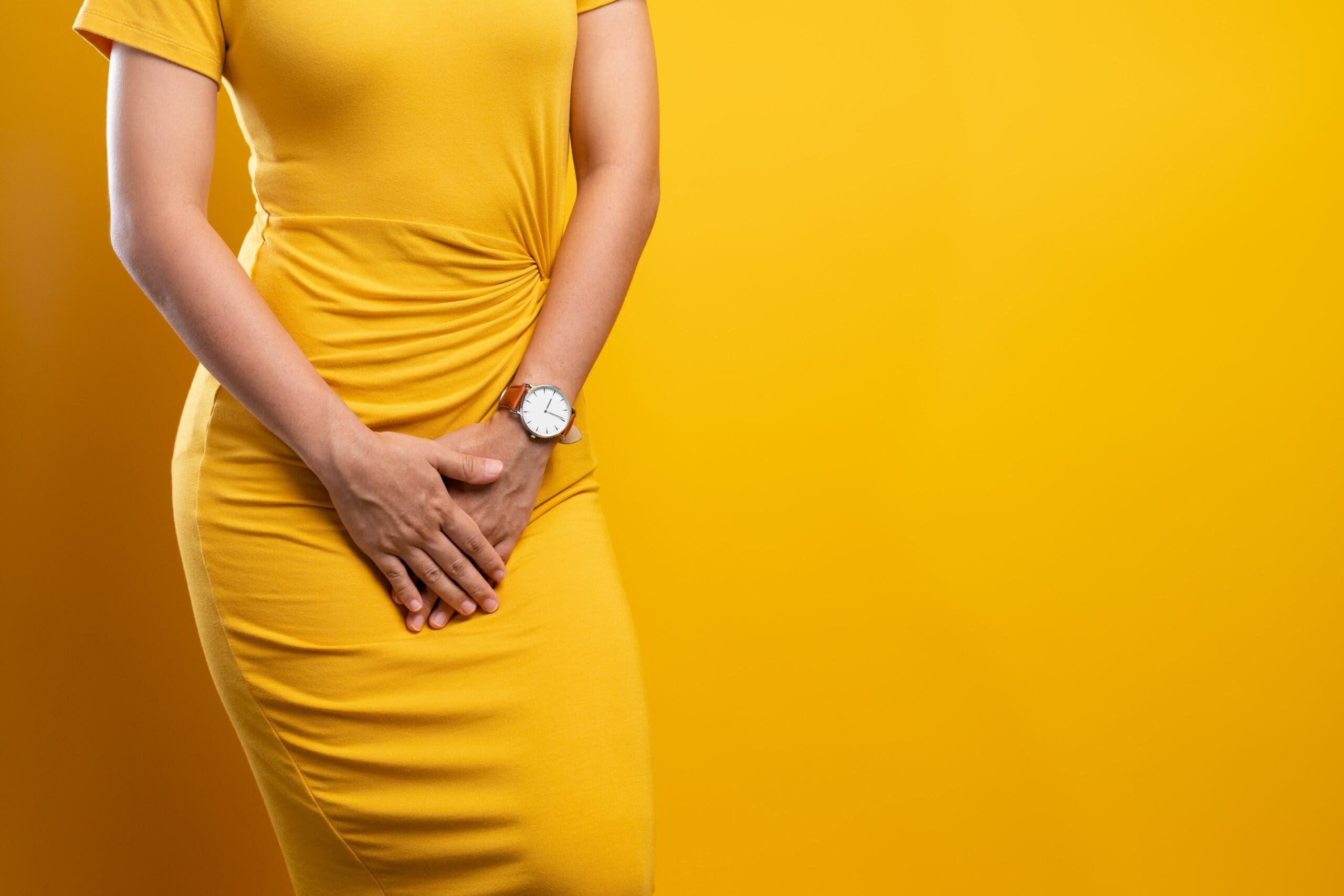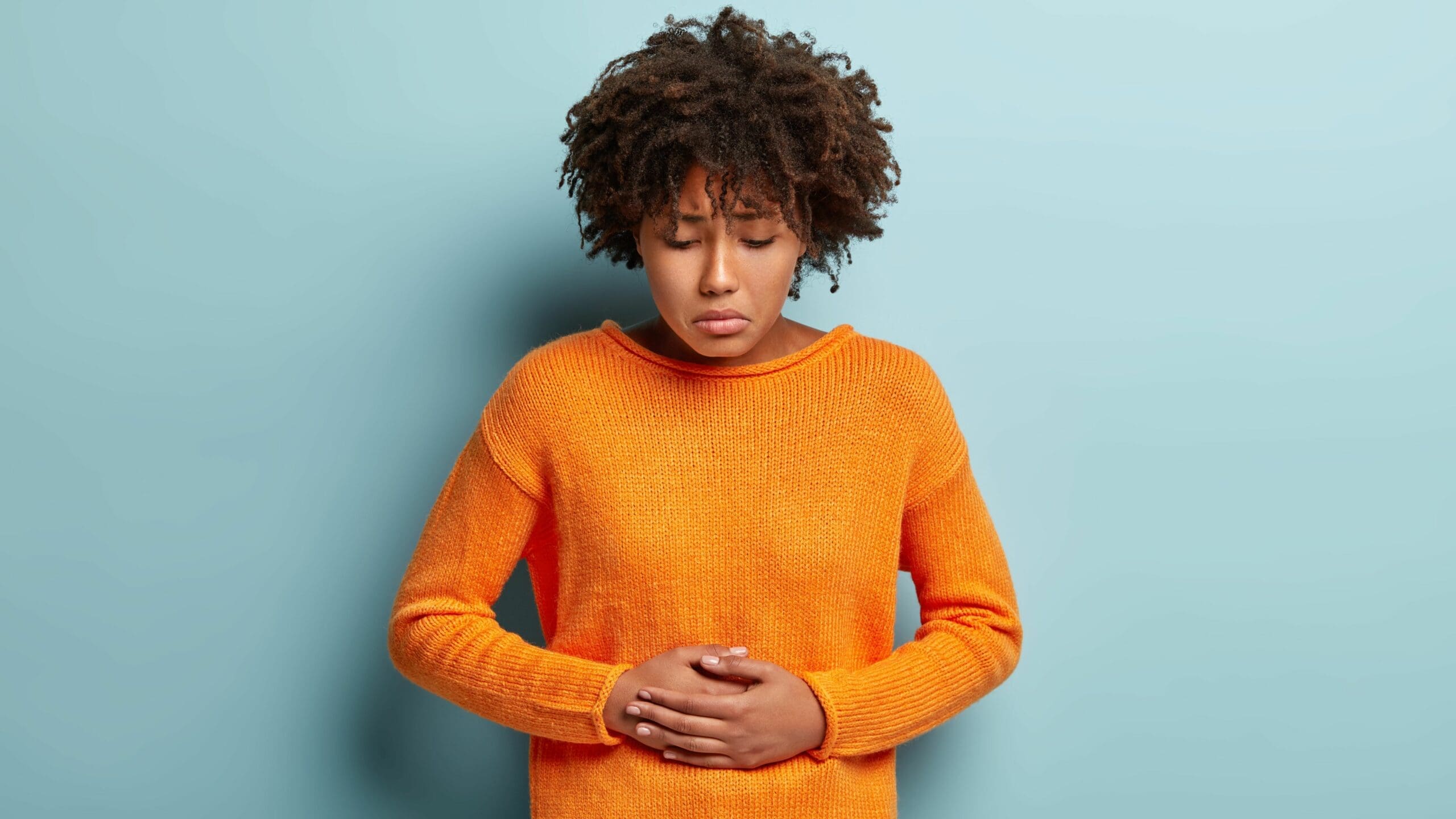If you have urinary incontinence or bladder leaks, some simple lifestyle adjustments (such as watching what you drink and eat) may be all that’s needed.
Women’s Health
Menopause: frequently asked questions
Get the answers to some frequently asked questions about menopause, including how to tell if you are perimenopausal, what to do about hot flushes and which treatments are safe and effective.
Hormone replacement therapy
Hormone replacement therapy (HRT), now more commonly known as menopausal hormone therapy (MHT), can reduce troublesome menopause symptoms.
Menopause: what you can expect
Menopause is the time when your periods stop for good. Each woman will experience menopause differently, and there are treatments available for symptoms.
Varicose veins
When veins become visibly twisted and swollen, they are called varicose veins. They usually occur in the legs and can cause aching legs and skin irritation. Spider veins are a smaller, milder type of varicose veins.
Video: Depressed and anxious – Australian women
Female, anxious and depressed? You're not alone. Most Australian women feel anxious on a daily basis, and many have been diagnosed with depression.
Caesarean section births may lead to poorer health outcomes
Women have C-sections for many reasons, but babies born vaginally appear to be better off.
Bacterial vaginosis
Bacterial vaginosis (BV) is the most common cause of abnormal discharge in women of childbearing age – even more common than thrush. BV is caused by an imbalance in the natural bacteria in the vagina.
Menstruation problems
Find out about common menstruation problems: amenorrhoea (absence of periods), dysmenorrhoea (painful periods) and menorrhagia (heavy periods).
Urinary incontinence self-care
Urinary incontinence (loss of bladder control) is a common problem, when urine accidentally leaks from your bladder. Find out what products are available for urinary incontinence.


